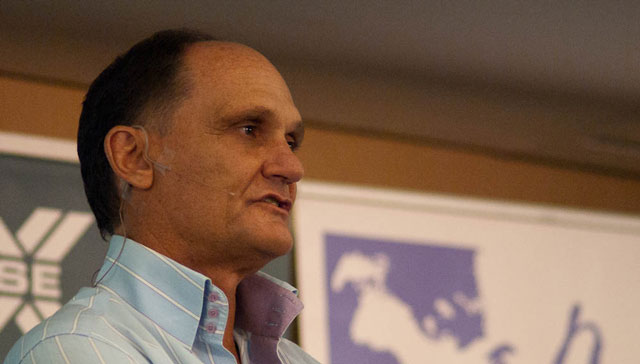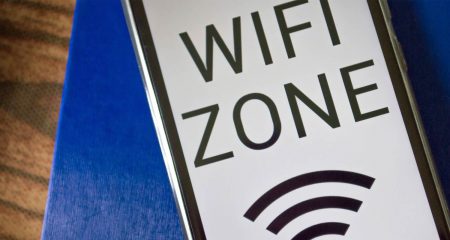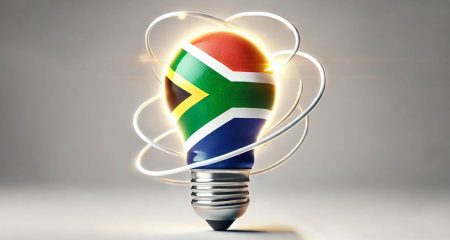
Project Isizwe, the nonprofit founded by former Mxit CEO Alan Knott-Craig, has announced plans to expand its free Wi-Fi coverage to open public spaces in key hubs in the Western Cape.
The news comes after the completion is a first phase of a free Wi-Fi roll-out in selected areas around Pretoria.
Project Isizwe and the Western Cape department of economic development & tourism are working on the Wi-Fi roll-out together.
“This is the first provincial free Wi-Fi project in South Africa and forms part of the Western Cape’s R1,3bn plan to eventually connect all residents to broadband,” says finance, economic development and tourism minister Alan Winde in a statement.
“Through this pilot, 90 000 people in four spaces in the Western Cape are going to be connected to the Internet,” he says. “Eventually, every resident must have access to free or affordable Internet.”
Project Isizwe, which delivered free Wi-Fi to five sites in Pretoria in November last year, was chosen as one of three nonprofit organisations to deliver free Wi-Fi zones in the identified areas.
Locations connected in phase one of the Pretoria roll-out included the Tshwane University of Technology’s Soshanguve campus, the University of Pertoria’s Hatfield campus, Tshwana North College, Mamelodi Community Centre and Church Square.
A fair-use policy limits users to a maximum of 250MB per device per day and forbids access to certain websites, such as those that contain pornography. Average access speeds are 1Mbit/s download at 256kbit/s upload. Users are allowed to access on-network content that won’t go towards their data cap, such as a jobs portal and educational tools.
The Wi-Fi base stations include hard drives to store cached versions of Wikipedia and education resources.
Project Isizwe will roll out Free Internet Zones in Atlantis and Robertson at sites chosen because of the high concentration of pupils, with emphasis on low-income schools in these areas.
Access to the Internet should be considered an essential service, like water or electricity, says Knott-Craig. Just like water and electricity, it should be available to everyone, regardless of circumstance. — (c) 2014 NewsCentral Media




